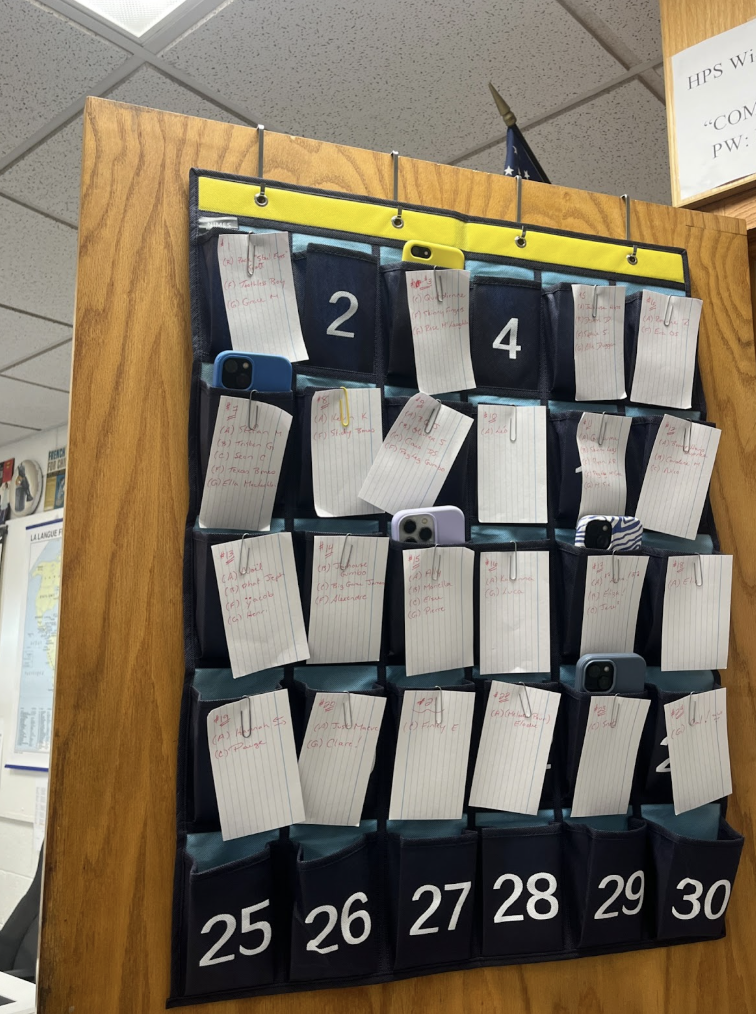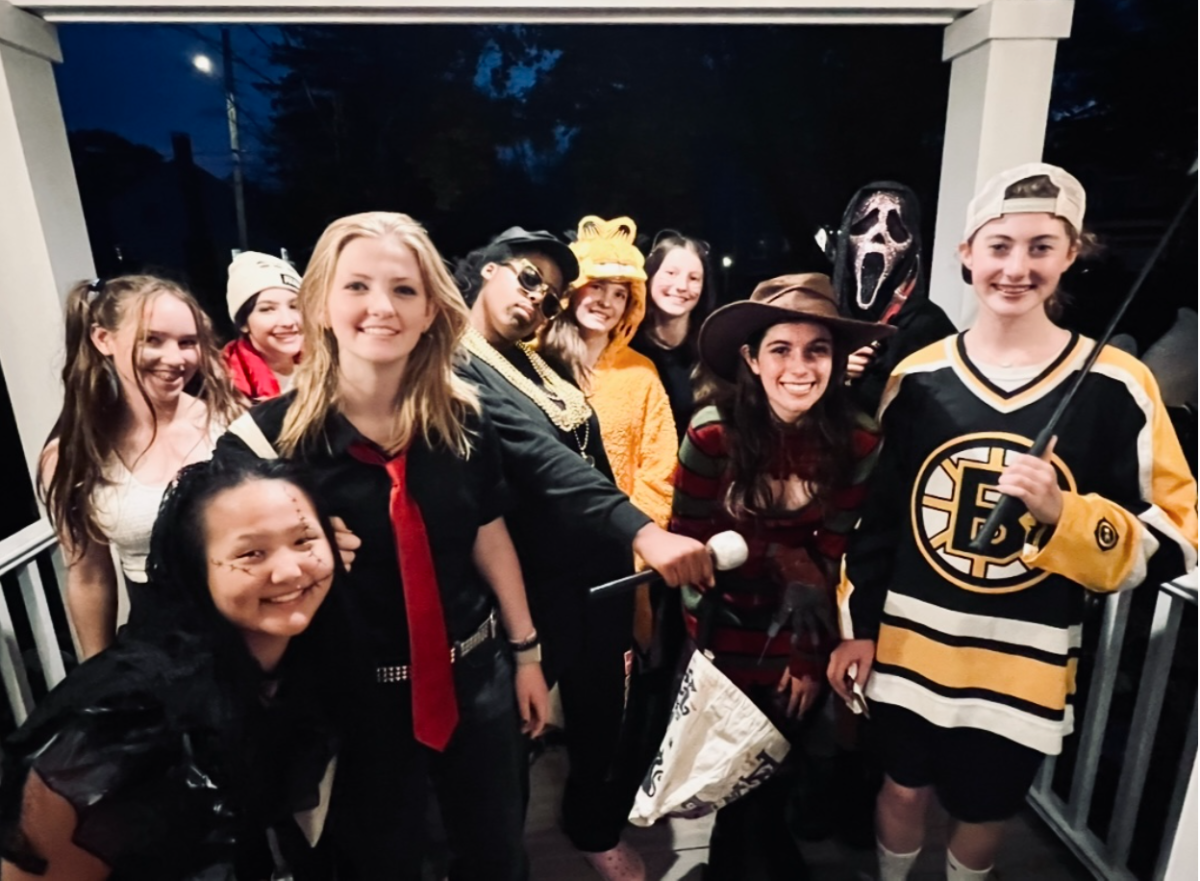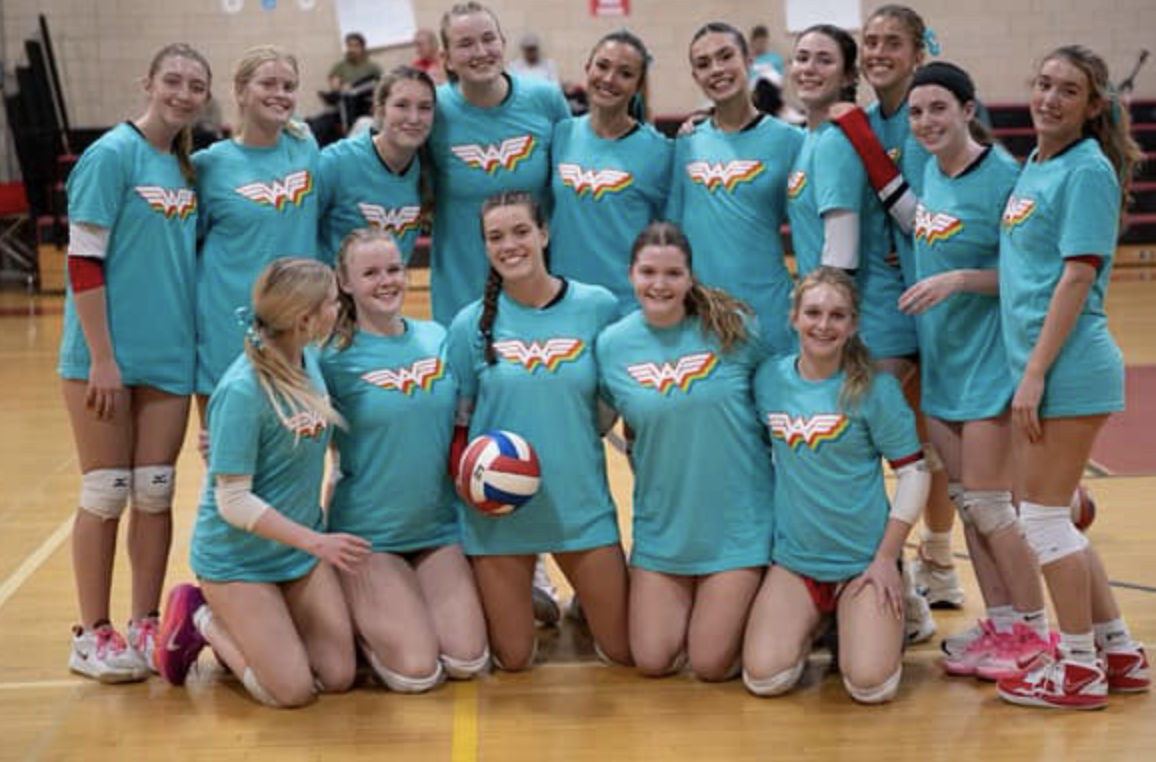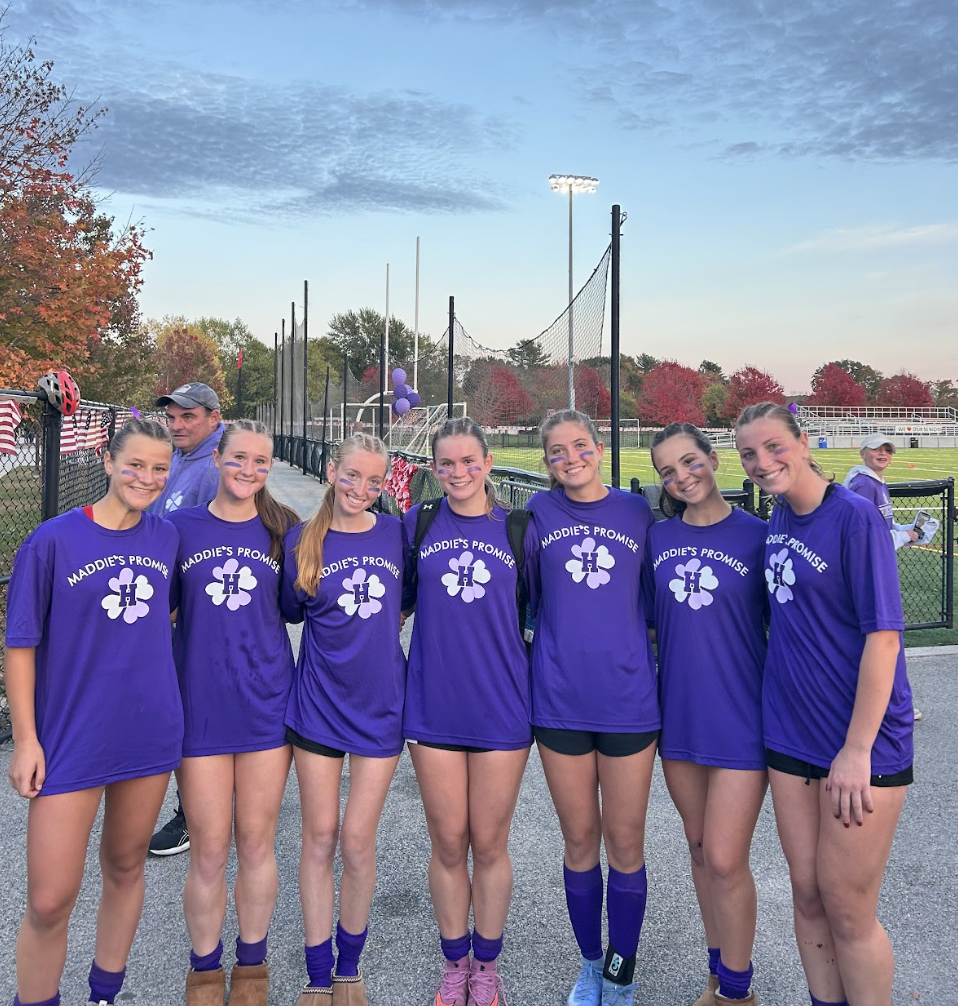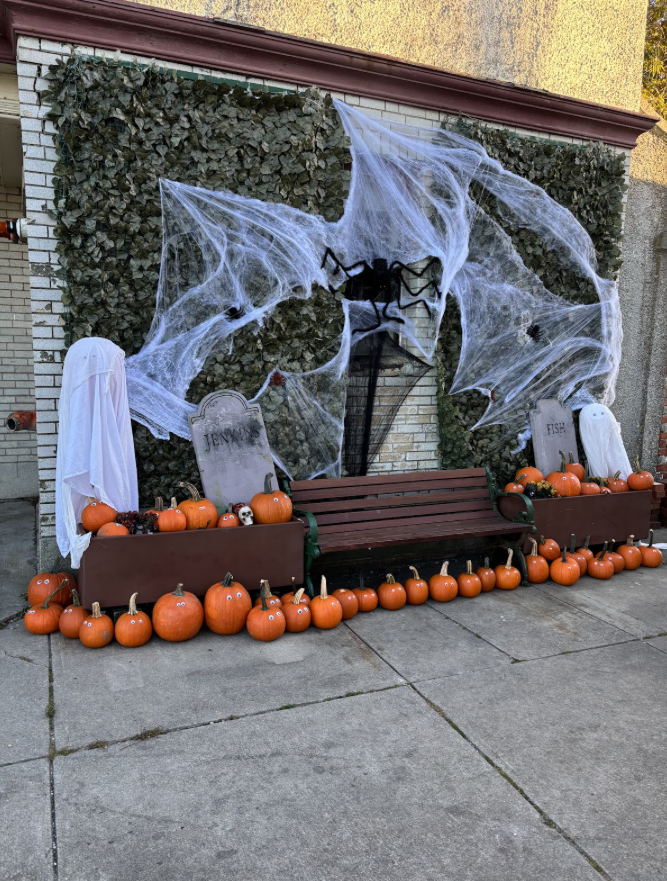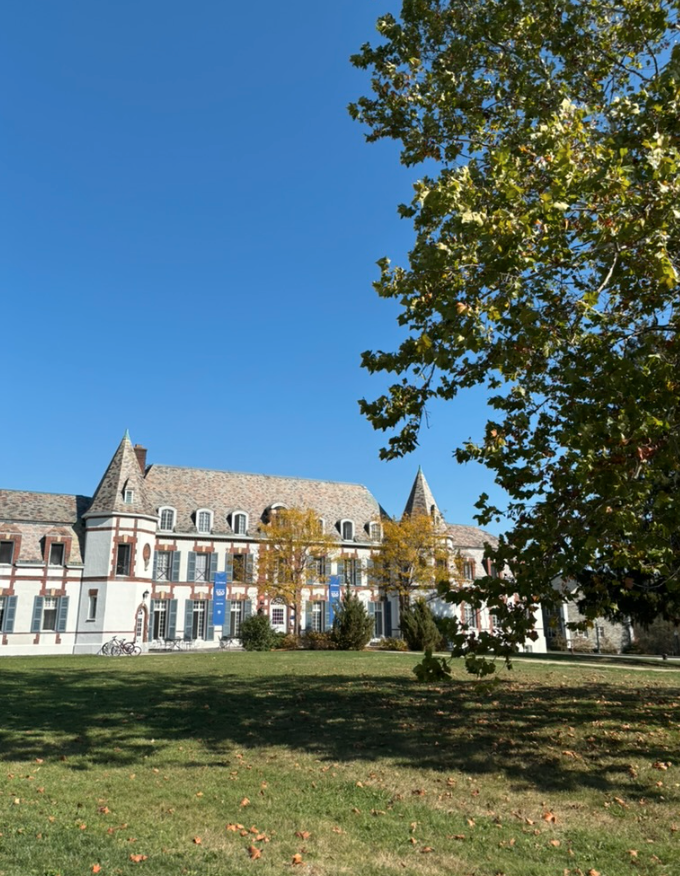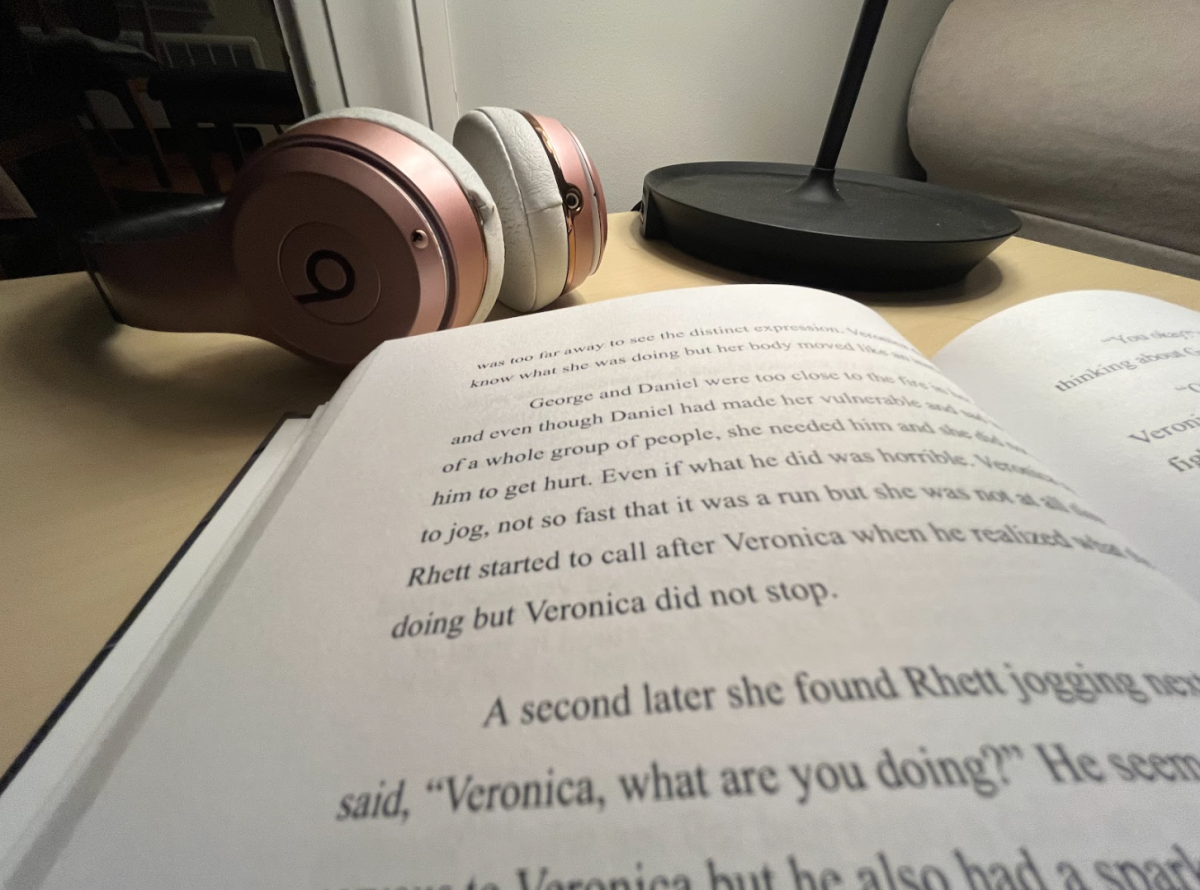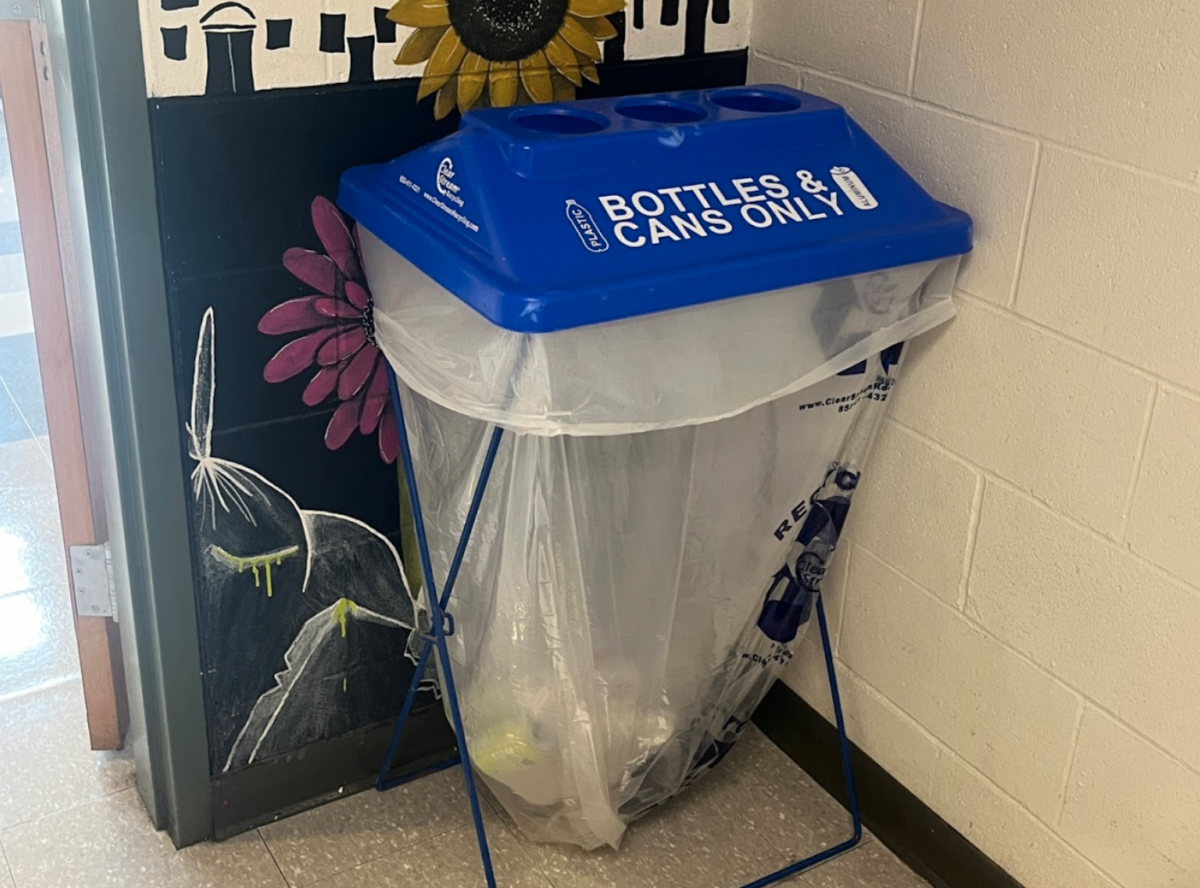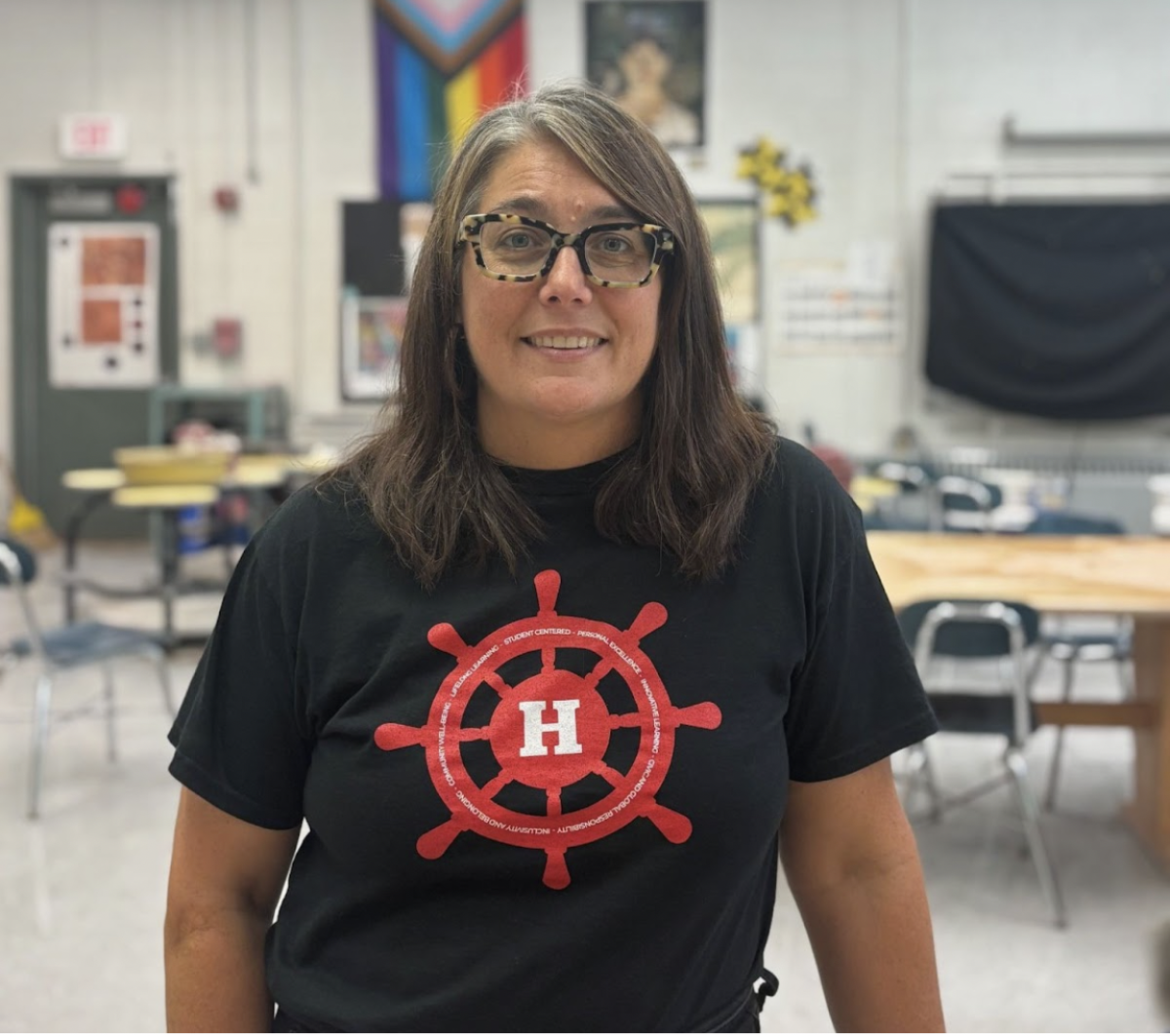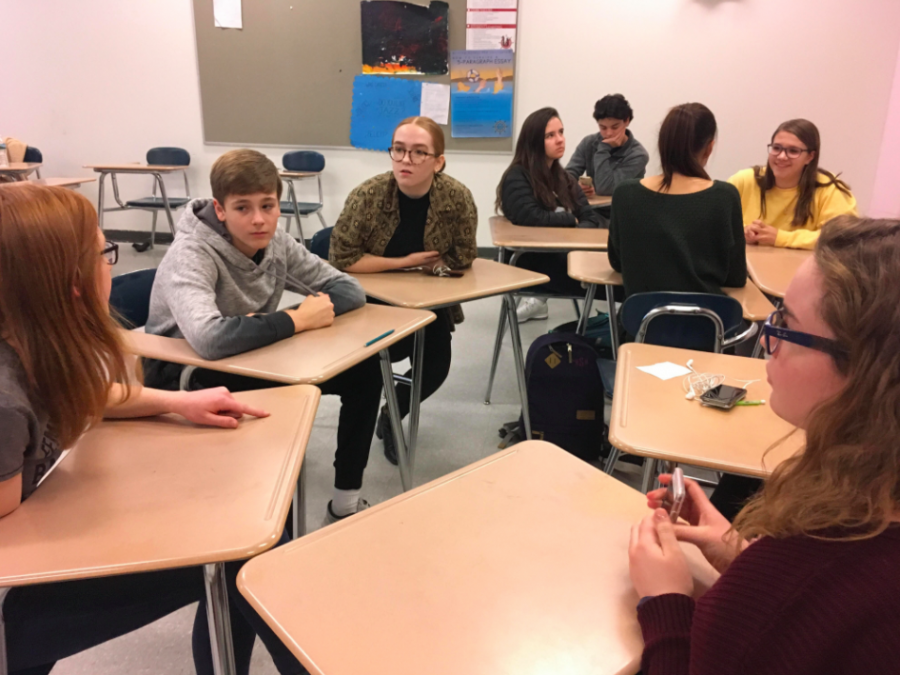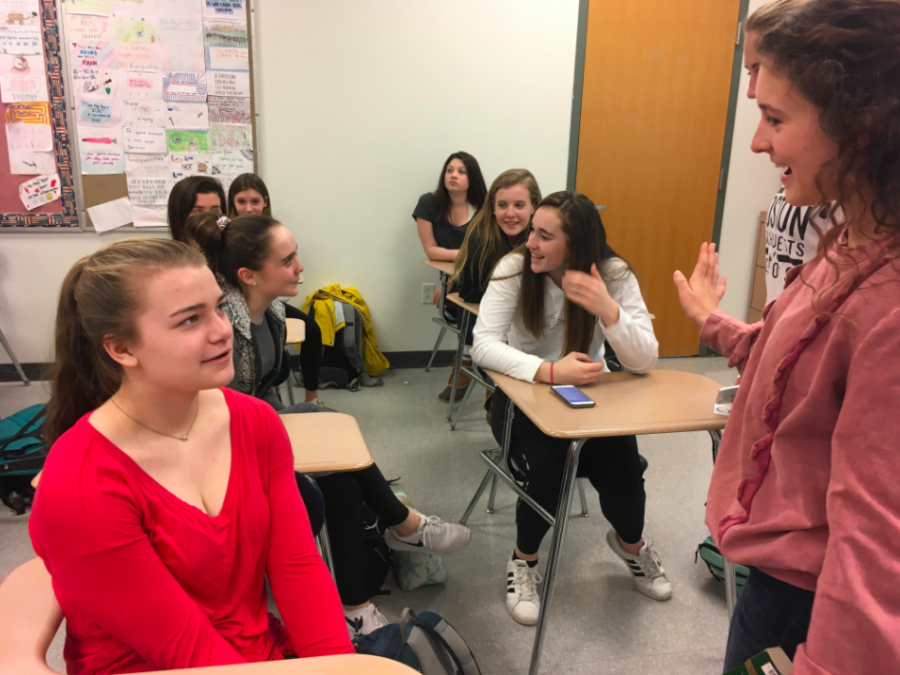Easing the Gap: Class Divisions at Hingham High School
Junior Molly Ahern (far left) speaking to freshmen Nate Bourgon, Amanda Crosby (center), and Claire Gallagher (left) about upcoming events in the Mentor Program.
March 11, 2018
While the labels freshman, sophomore, junior, and senior are not meant to categorize students any more personally than by grade level, they often leave students feeling defined in deeper ways. But do the class divisions among high schoolers often shown in the typical high school movies really exist at Hingham High School?
According to junior Rachel Ader, “it’s true that the classes are really divided. I don’t think upperclassmen are generally friendly to them [freshmen].”
Rachel even recalled her own experiences as an underclassman: “As a freshman, I didn’t really know any upperclassmen, I didn’t have any upperclassmen friends. You have to do sports to have upperclassmen friends, and I think that’s bad. Now I have some underclassmen friends, but not that many. I just think it’s a school issue that they [administration] don’t try to pair up upperclassmen and underclassmen like they should be.”
This past fall, the mentor program was introduced by the HHS Climate Committee to help ease the gaps between the classes. “Students wanted to start the mentor program after it came up at the School Climate Meeting,” Mr. Louchheim, the advisor of the club, explained. “We talked about how to make the school more interconnected, and then over one hundred students wanted to be involved. I was heartened by how many people wanted to join it.”
The interest that upperclassmen immediately expressed in the mentor program speaks for itself: many upperclassmen felt that underclassmen should be taken under their wings to ease the transition into high school.
However, some students disagree on the issue. “I think class division is overemphasized,” junior Delia Deliore said. “Personally, I’m friends with freshmen from swim team and band and I don’t think the mentor program is doing much for the class gap, if there is one. I think that sports teams and activities already help with any division.”
She too explained her freshman year experience, which contrasted greatly with Rachel’s. “When I was a freshman I felt like the seniors were very welcoming,” she said.
Junior Shaun Collins advised how underclassmen can connect with upperclassmen through activities besides sports: “Being part of the drama club is a very welcoming environment, especially among the upperclassmen.” As a mentor himself, Shaun continued, “Right now I feel like it [the mentor program] is very forced.”
From a freshman point of view, Elsa Mosholder spoke about the pros of the mentor program while meeting with her mentors this past Thursday in the last ten minutes of G block. “I get to meet upperclassmen and I don’t get to see them in other classes,” she explained.
Freshman Nate Borden said, “It [the mentor program] helps because it gets different grades talking to us, so it helped us in our transition to high school.”
Freshman Amanda Crosby also spoke, “I think it’s nice to see more people. I think the [class] division starts with just being intimidated. I got over that quickly, it was never a huge barrier, but having this to help definitely did [help].”
Currently, the mentor program is scheduling a movie night for freshmen and their mentors to bond together outside of the in-school meetings.
While talking to the group of freshmen she mentors, junior Nina Morris revealed, “There also haven’t been as many bullying reports [among the freshman class] since we started. In September there were already twenty five, more than any other grade ever. Now there haven’t been any since we started.”
The freshmen in Nina’s group were surprised by the number of bullying reports, claiming jokingly that they knew there were a lot, but not that many.
Mr. Louchheim claimed, “I think it’s an age-old issue. I think that when I went to high school it was an issue. It has been and always will be an issue that we twenty years from now will be continuing to work on. If you go to the cafeteria for five seconds you can see that class division is an issue. We’re hoping to break down the barrier a little bit [with the mentor program], but we know that this isn’t going to be the only answer.”
Or perhaps class division, despite how hard anyone works to ease it, is natural. Junior Delia Delorie said, “I think it’s something that’s engrained. Naturally, people want to be friends with people that they are in classes with. I don’t think it’s necessarily bad, I just think its there. It would be nice if it [the school] was more inclusive but I don’t think it’s necessarily exclusive in any way.”
Despite one’s view on the dynamics of the classes, and whether one is fourteen or eighteen, it is important to remember that kindness never hurts. Telling freshmen which hallway Room 173 is located in instead of ignoring them, advising them to sign up for clubs and sports teams, or offering rides to meetings or practices helps every student feel more comfortable with their peers, regardless of the grade they belong to.







